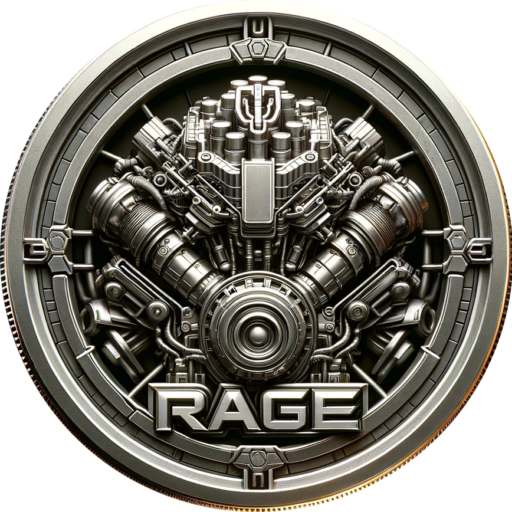
Burn: PyTorch Integration for Deep Learning
Introduction: Rust Rises in Deep Learning with the Burn Framework The deep learning landscape is in constant evolution, with a growing emphasis on performance, flexibility, and deployment across diverse hardware. The Rust programming language has emerged as a compelling choice for building high-performance, reliable software. Its inherent safety, efficient memory management, and concurrency support make it perfectly suited for the computationally intensive nature of machine learning. The Burn framework is a significant development, offering a […]
Fine-tuning Hyperparameters: exploring Epochs, Batch Size, and Learning Rate for Optimal Performance
Epoch Count: Navigating the Training Iterations The Elusive “Optimal” Settings and the Empirical Nature of Tuning It is paramount to realize that there are no universally “optimal” hyperparameter values applicable across all scenarios. The “best” settings are inherently dataset-dependent, task-dependent, and even model-dependent. Finding optimal hyperparameters is fundamentally an empirical search process. It involves: finetunegem_agent is designed to facilitate this experimentation by providing command-line control over these key hyperparameters, making it easier to explore different […]
RAGE: A Game-Changer for Business Intelligence
Real-Time Data Retrieval for Instant Insights Traditional Business Intelligence tools rely on static reports and batch data processing, limiting their ability to provide real-time, data-driven decision-making. RAGE eliminates this limitation by:✅ Pulling data from diverse sources, including structured databases, unstructured documents, APIs, and live web content.✅ Enhancing search and retrieval with vector embeddings, enabling fast and context-aware information retrieval.✅ Delivering real-time analytics, allowing executives to make proactive, rather than reactive, decisions. Example Use Case:A retail […]
